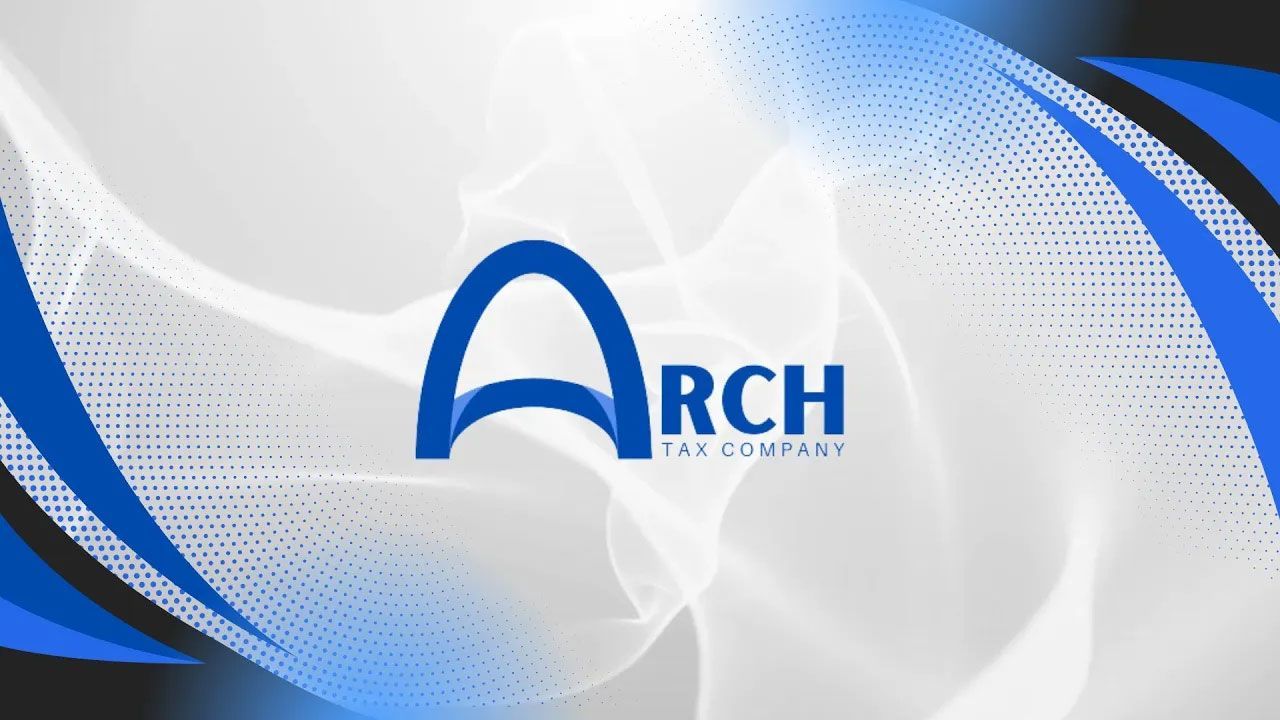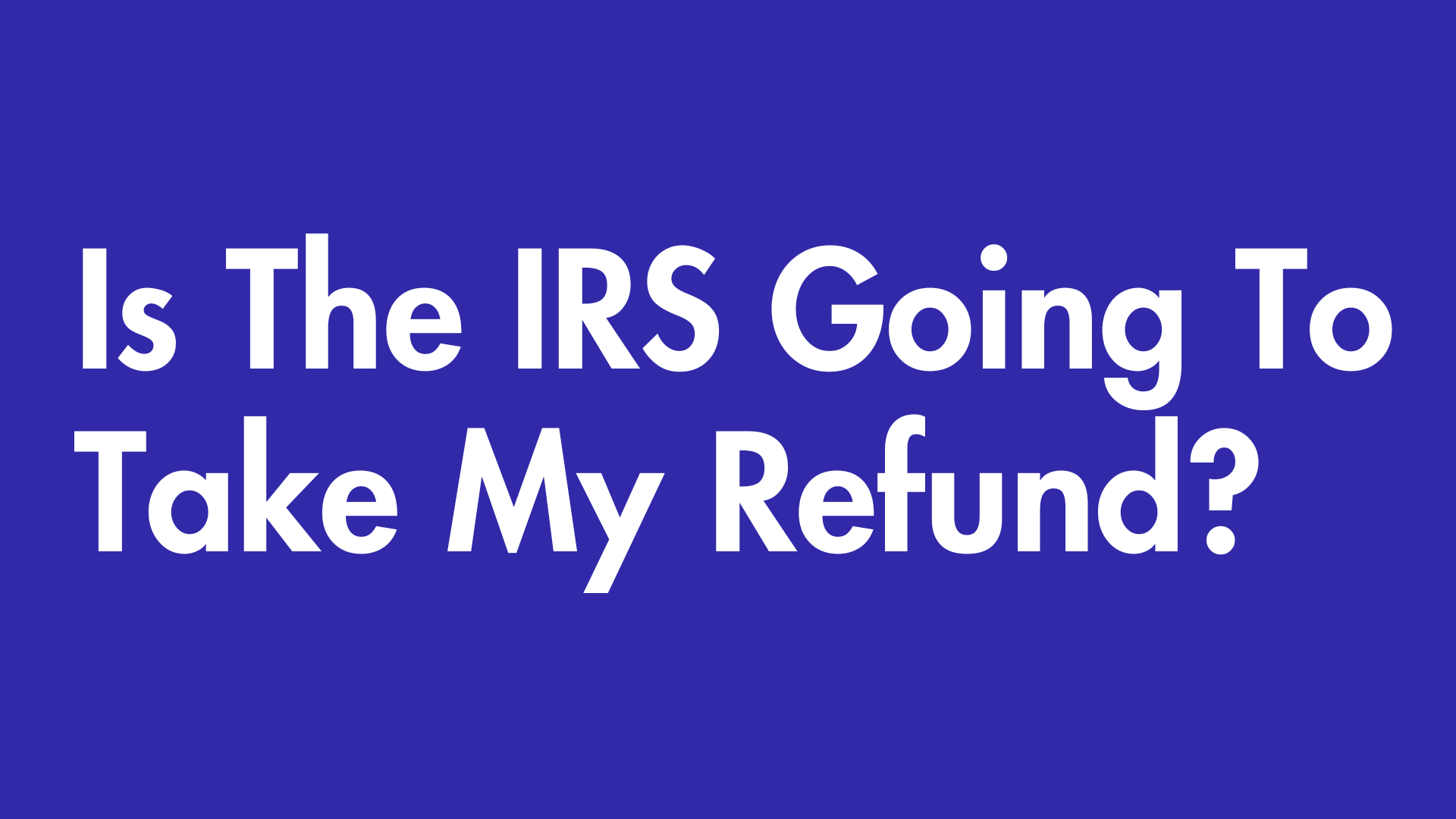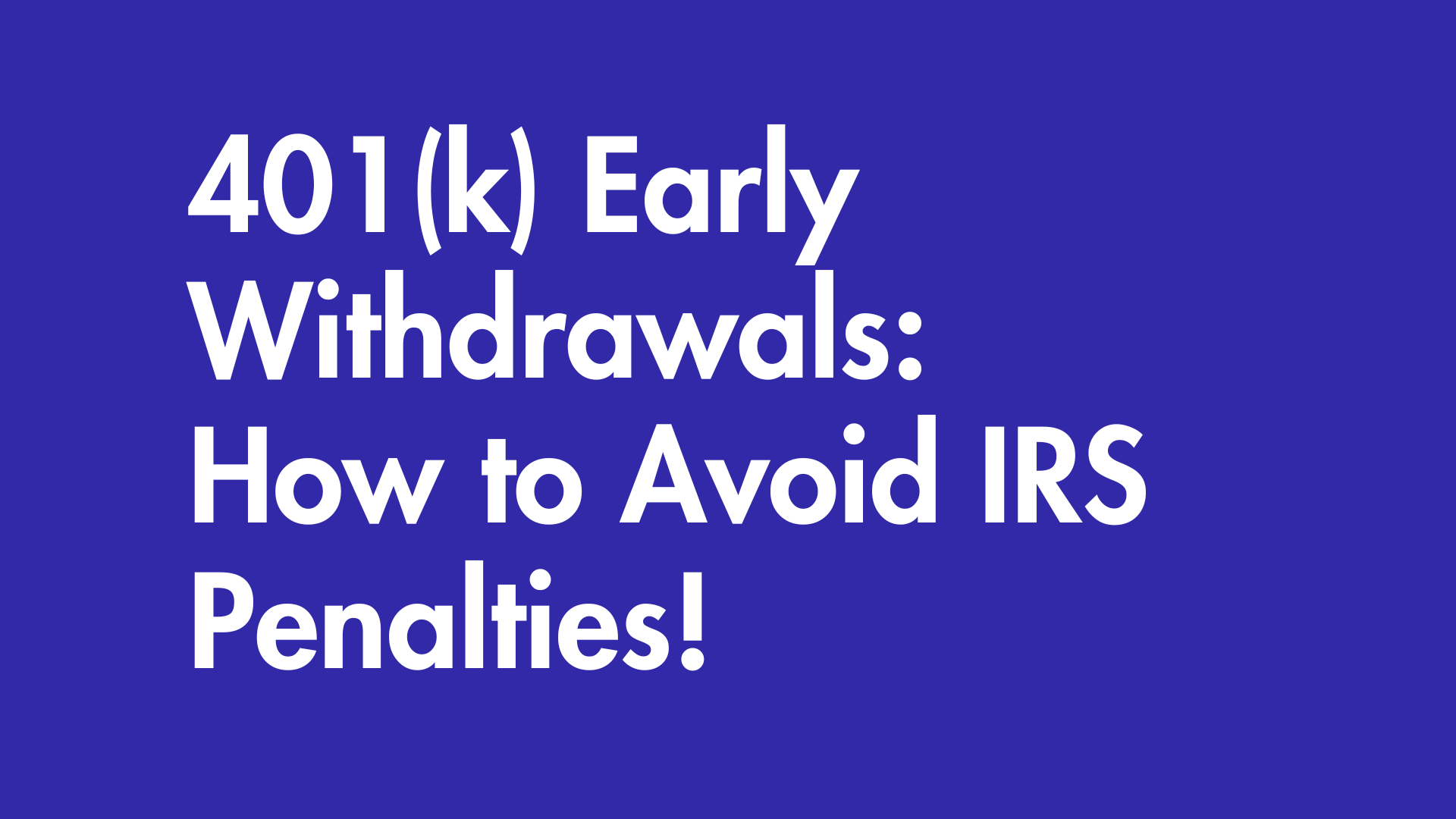What Does the IRS Know About Me?
Most people think of the IRS as a place where tax returns go once a year. You file, you pay (or hope for a refund), and you move on.
But here’s the truth:
The IRS likely knows more about your income, history, and identity than you realize.
And if you're not paying attention to what they know, you could end up facing delays, rejected returns, or even audits—all without realizing what went wrong.
What the IRS Tracks Automatically
Every time you earn money that’s reported to someone else, it’s reported to the IRS too. Here are just a few sources the IRS pulls data from:
- W-2s from employers
- 1099s from freelance gigs, side hustles, and platforms like Uber, DoorDash, and Upwork
- 1099-INTs and 1099-DIVs from banks or investments
- 1099-Ks from PayPal, Venmo (business accounts), eBay, and Etsy
- Form 1095-A if you received health insurance through the Marketplace
- Mortgage interest and student loan interest statements
- Unemployment compensation, gambling winnings, and even certain legal settlements
If your tax return doesn’t match what they have on file from all these sources… it's a red flag.
Lesser-Known Data the IRS Also Has
In addition to income tracking, the IRS holds onto other key pieces of your identity and financial history:
- Your full address history from previous filings
- Any bank account info you've used for direct deposits or payments
- Business EINs tied to your SSN
- Digital activity logs like login attempts or ID verification failures
- Notes on suspected identity theft or security flags
It’s not just about taxes—it’s about your digital tax footprint.
What You Can See Too: IRS Transcripts
Want to see what the IRS has on you? You can. There are four main transcripts you can request:
- Wage & Income Transcript – Lists all income statements (W-2, 1099, etc.)
- Account Transcript – Shows payments, penalties, interest, and actions taken
- Return Transcript – Mirrors what you filed
- Record of Account – Combines all data into one complete view
You can access these by setting up a secure ID.me account and logging into the IRS portal. It’s free—and we recommend everyone do it at least once a year.
Why It Matters
Knowing what the IRS knows can:
- Help you avoid return rejections from missing or mismatched data
- Catch signs of identity theft early
- Give you leverage if you're negotiating tax debt or requesting an offer in compromise
- Save you weeks of delay during refund season
Take the Smart Next Step
At Arch Tax, we help clients pull and review their IRS transcripts so they know exactly what the IRS is seeing. Whether you're filing, resolving a debt, or just want peace of mind—this is the smart first step.
Ready to find out what the IRS knows about you?
Click here to Schedule a free consultation









